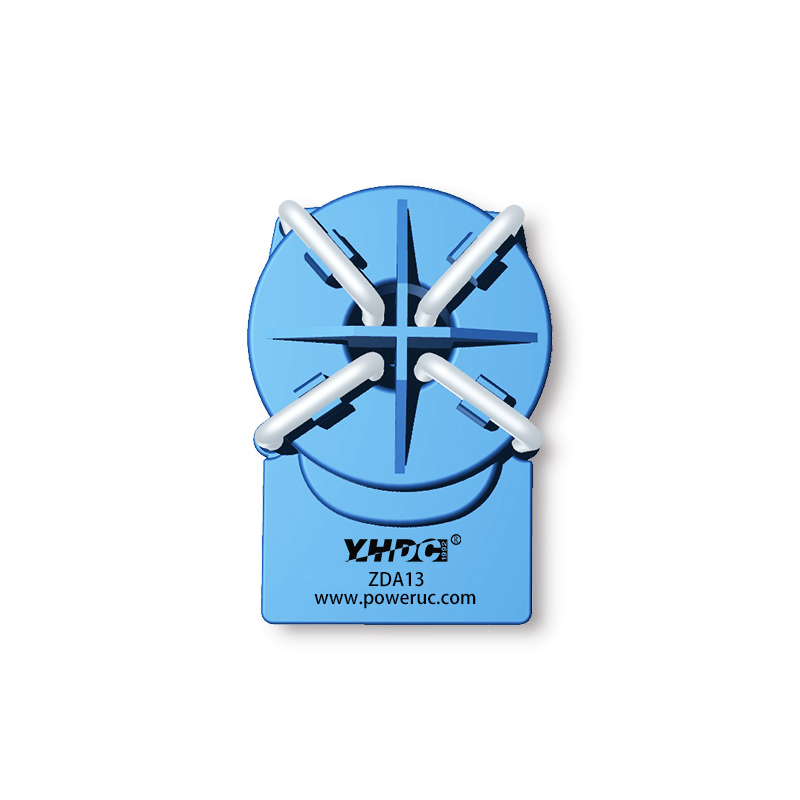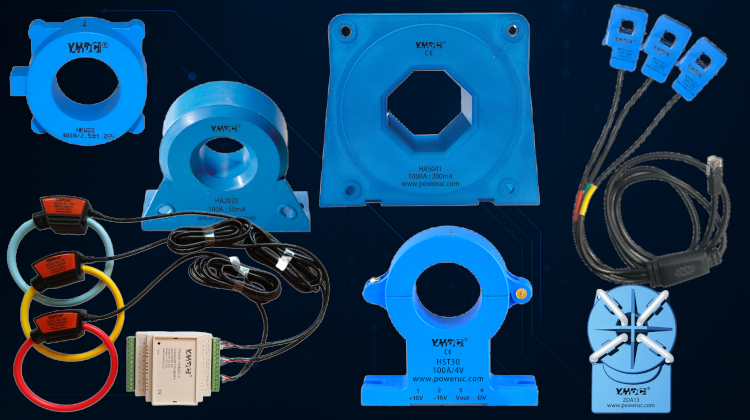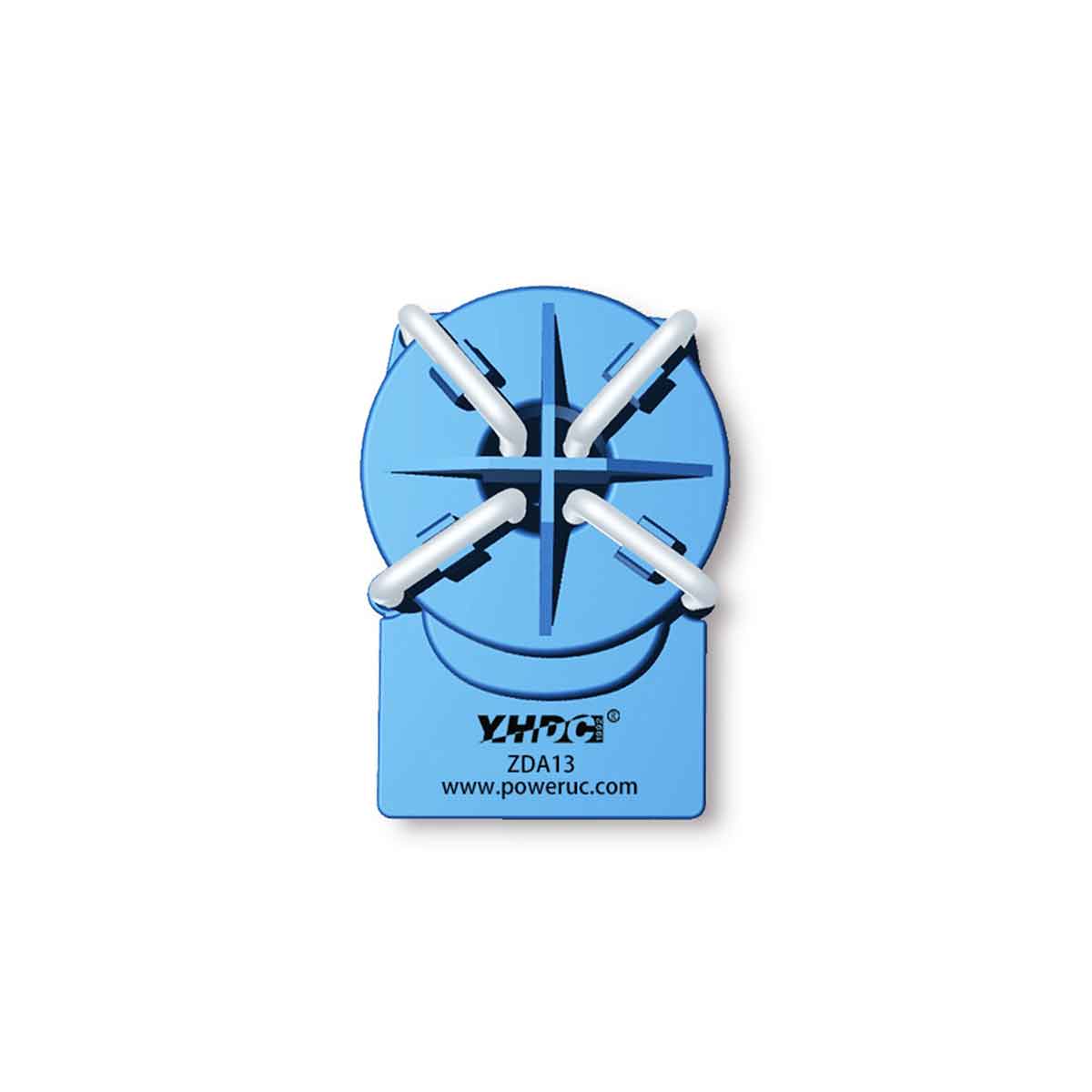A Residual Current Sensor (RCS) is an electrical safety device designed to detect residual current (also known as leakage current) in a circuit. Residual current occurs when there is an imbalance between the current flowing into a system (through the live wire) and the current returning from the system (through the neutral wire). This imbalance indicates that some current is leaking to the ground, often due to insulation failure, faulty wiring, or a person coming into contact with the electrical system.
How Does a Residual Current Sensor Work?
- Current Imbalance Detection: The RCS measures the difference between the current in the live wire and the neutral wire. Under normal operating conditions, the current flowing through these two wires should be equal. If there is a discrepancy, it means current is leaking somewhere.
- Detection Threshold: If the difference between the live and neutral current exceeds a certain threshold (usually set to a few milliamps, such as 10 mA or 30 mA, depending on the application), the sensor detects it as residual current.
- Activation of Safety Mechanism: When residual current is detected, the sensor typically signals a protective device, such as a Residual Current Device (RCD) or Ground Fault Circuit Interrupter (GFCI). These devices will quickly disconnect the power to prevent hazards like electric shock or fire.
Key Features of a Residual Current Sensor:
- High Sensitivity: RCS devices can detect very small current differences, often in the range of milliamps (mA).
- Non-Intrusive: The sensor can monitor current flow without interrupting the circuit.
- Rapid Response: It triggers safety mechanisms immediately upon detecting leakage, minimizing risks.
- Accuracy: Modern RCS units provide precise detection and monitoring of residual current to avoid nuisance tripping.
Applications:
- Household Electrical Safety: RCS is widely used in household RCDs and GFCIs to protect users from electric shocks, particularly in wet areas like kitchens and bathrooms.
- Industrial Systems: In industrial environments, RCS devices monitor equipment to detect insulation failures or potential fault conditions that could lead to electrical hazards.
- Renewable Energy: RCS is also employed in renewable energy systems, such as solar power installations, to ensure safe operation and prevent electrical leakage to ground.
Benefits:
- Prevention of Electric Shock: RCS can detect when current flows through a person or faulty wiring to the ground, preventing serious injury.
- Fire Prevention: By detecting leakage currents caused by insulation failure, the RCS can help prevent electrical fires.
- Compliance with Safety Standards: Residual current sensors are essential for meeting electrical safety regulations in homes, offices, and industrial settings.
In summary, a Residual Current Sensor is a critical safety device that continuously monitors circuits for leakage current, helping to protect people and property from electrical hazards by detecting imbalances in current flow and triggering protective mechanisms.






